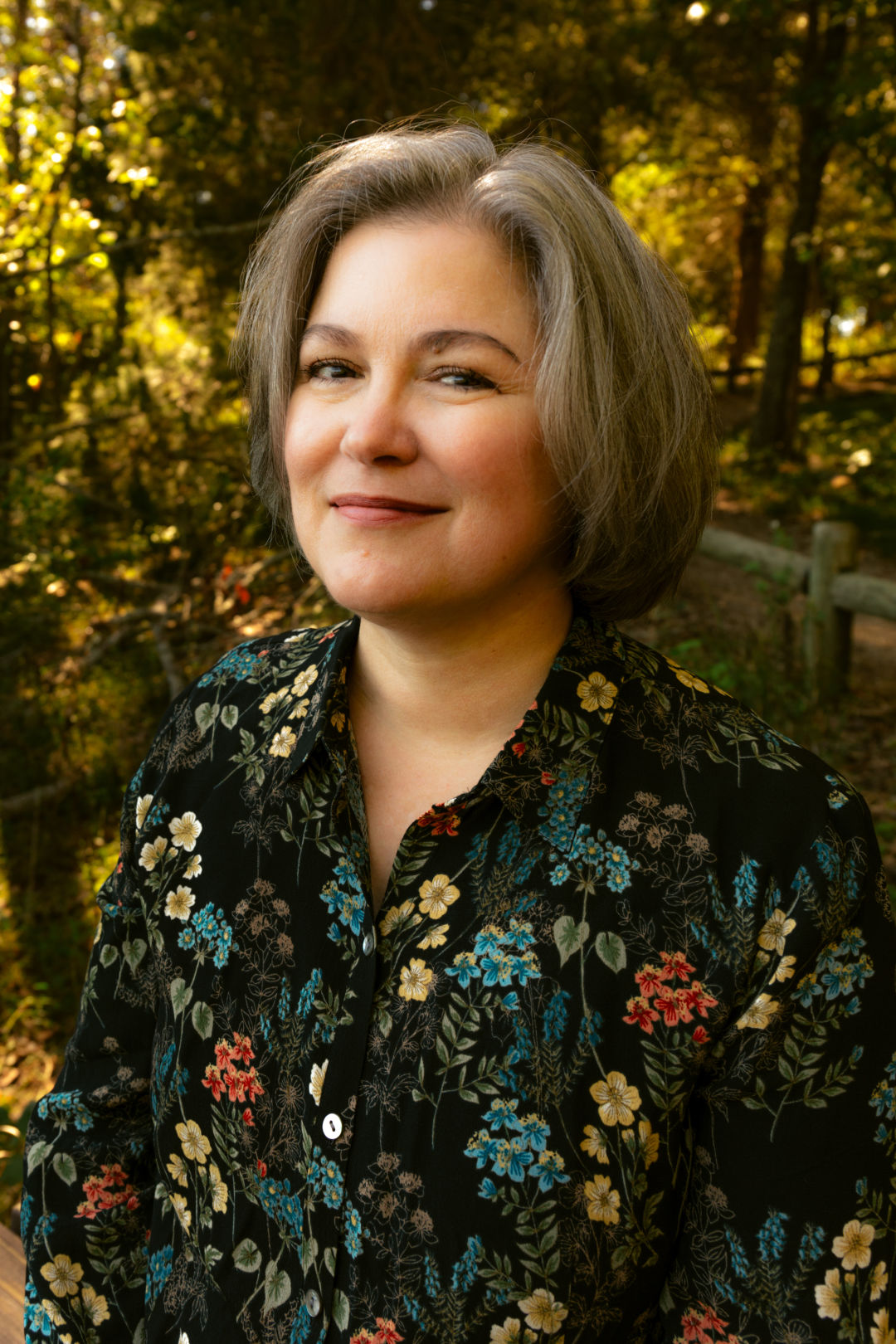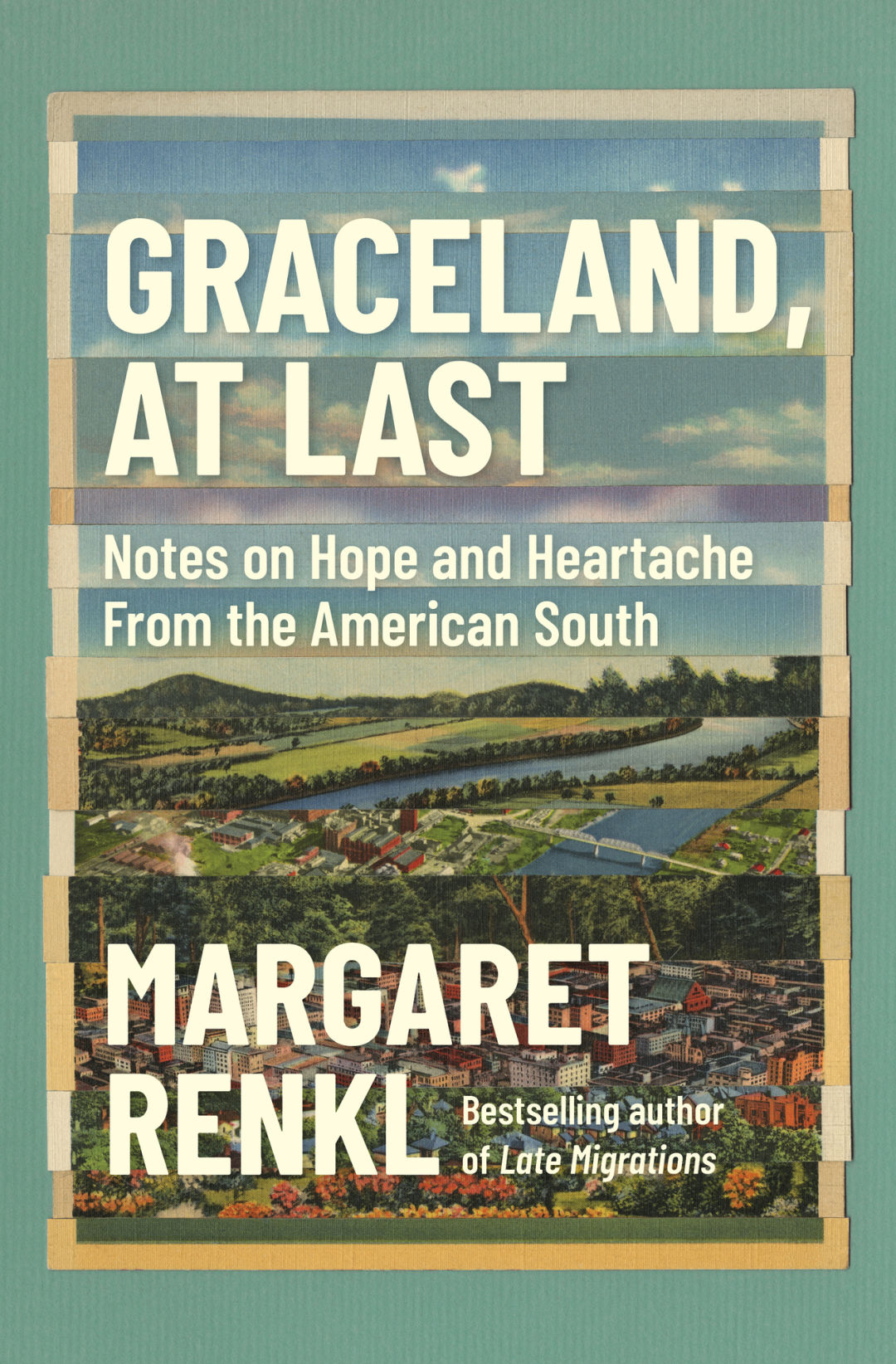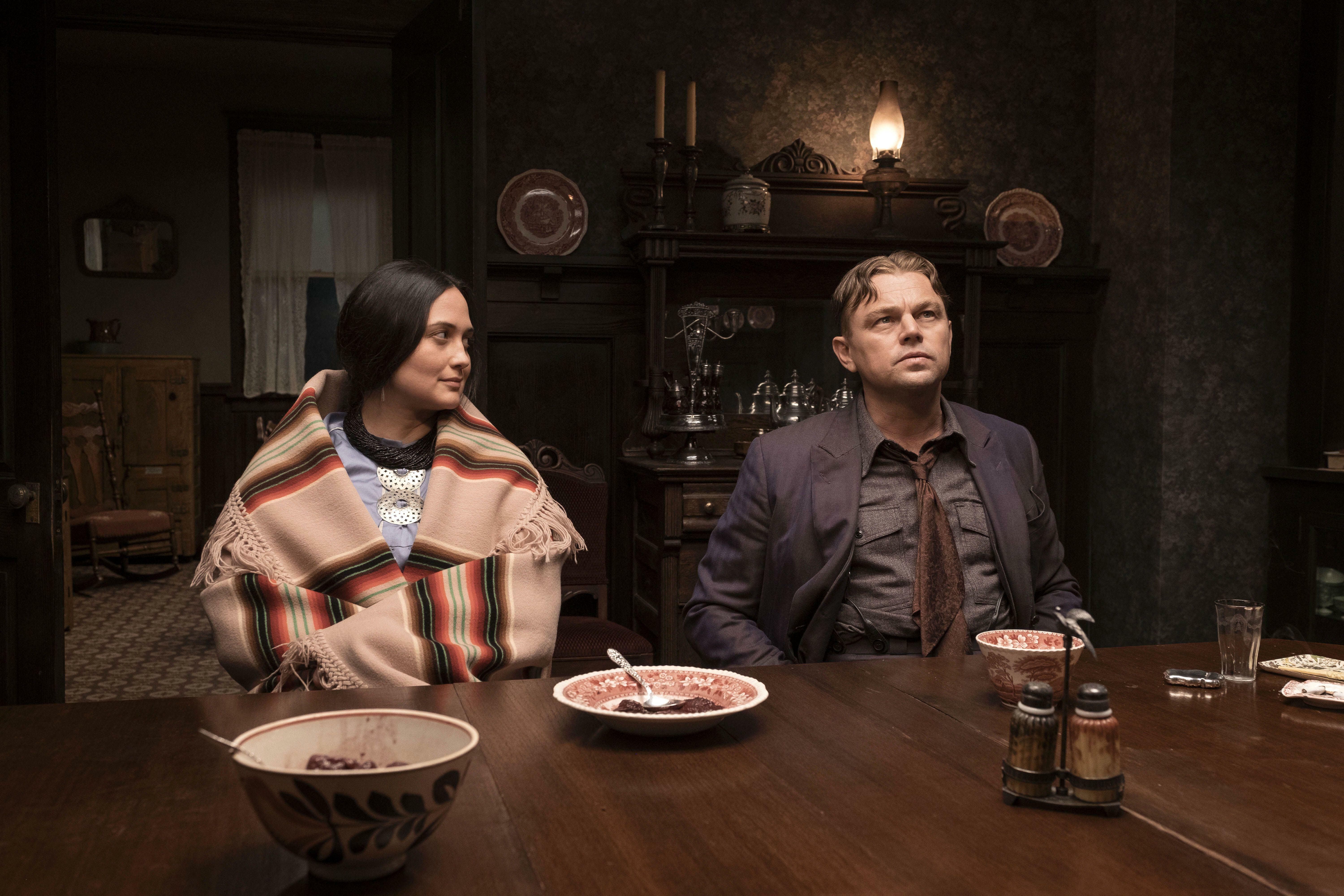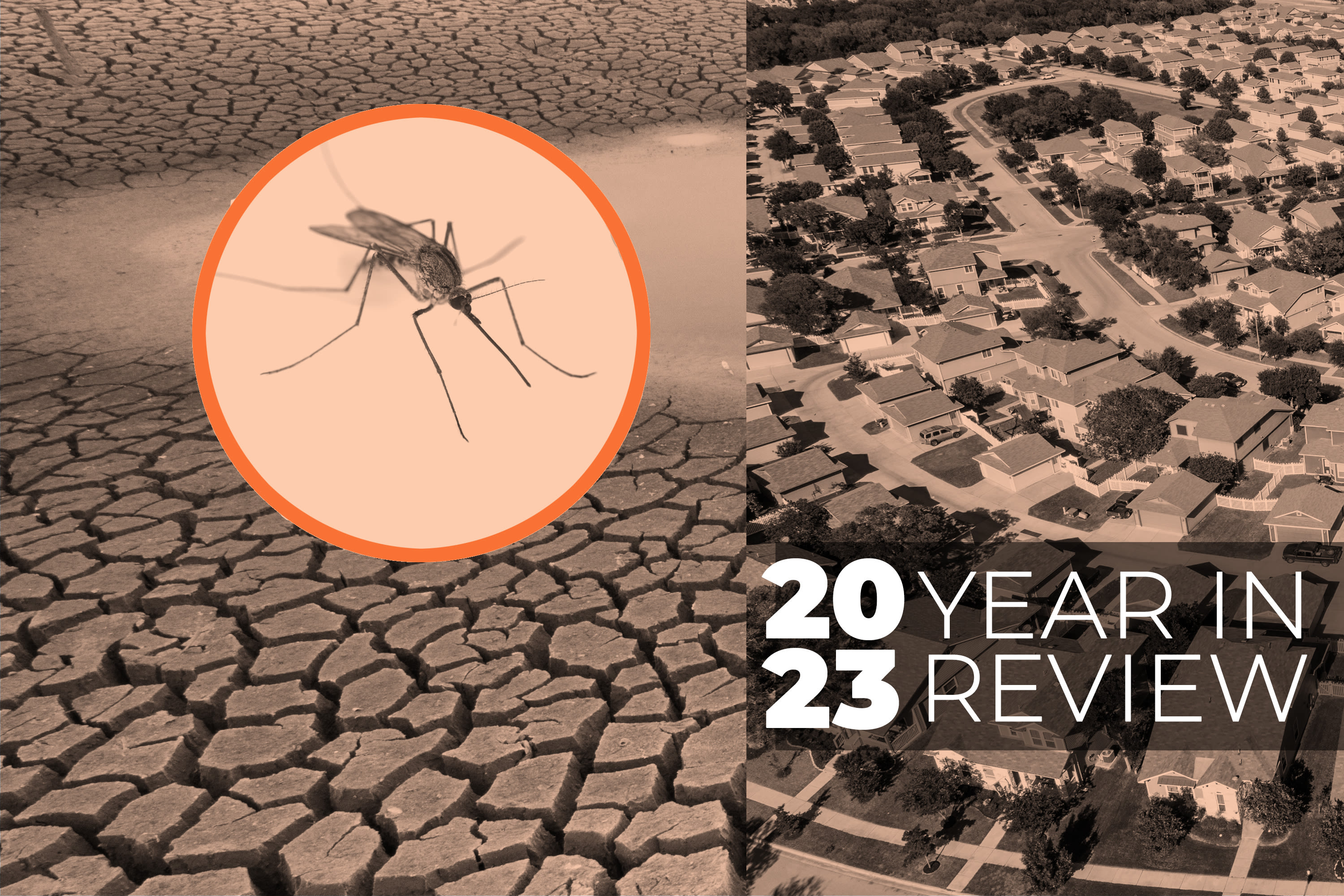New York Times Contributor Margaret Renkl Discusses Nature, Politics and Her New Book

Margaret Renkl.
Image: Courtesy Photo
Margaret Renkl, the acclaimed author and a contributing opinions writer and columnist for The New York Times, is set to appear via Zoom through Bookstore1Sarasota and the Southern Independent Booksellers Alliance's Reader Meet Writer Author Series at 7 p.m. on Thursday, Sept. 16. Renkl's latest book is Graceland, at Last: Notes on Hope and Heartache From the American South, a collection of essays that discuss themes such as the beauty of the natural world, humanity and human decency, and the everlasting topic of hope.
Live and direct from her home in Nashville, Tennessee, Margaret will answer questions and offer insight into her new writing and her riveting worldview. She recently spoke with Sarasota Magazine about her book, the themes of politics and nature, and the power and importance of the natural world.
You’ve managed to land a column in The New York Times, and you are a successful published author. How did you manage to achieve a feat like writing for the Times?
I didn’t start writing for the Times until about 2015, so it was gradual. I went to graduate school to become a poet, and I wrote poetry for a long time, about 10 to 15 years. Then, when my children were little, I realized that poetry required a kind of focus that I didn’t have anymore, and so I began writing prose. Through writing prose, I wrote a column in a local alternative newspaper here in Nashville called the Nashville Scene. That was a very early experience for me to figure out what I wanted to write about from one week to the next.
In terms of writing for the Times, which was gradual, I wrote one piece for a new essay series based on several different writers writing about the same subject. The topic that I ended up writing about was end-of-life issues, and I submitted an essay right after my mother-in-law had passed. She died after my mother died, and I was steeped in that whole question of grief and caregiving. That seemed to go well when they bought it, and six to nine months later, I wrote another piece for them based on the subject of nature, and it was focused on a bluebird in my backyard. Then the Times asked if I would like to do this once a month, then once a week, and that was the start of it.

The cover of Margaret Renkl's new book, Graceland, at Last: Notes on Hope and Heartache From the American South.
Image: Courtesy Photo
How did you put together your new collection, Graceland, at Last?
There is a book development department at The New York Times that’s separate from the opinion department and the editor of that department—it was her idea to collect some of the columns that I wrote for over the years. It’s not comprehensive at all. So I picked the ones I liked best for the book.
How did being from Alabama shape your perspective on nature and politics? And how do you think being from the South shaped your worldview when writing the columns that would eventually become Graceland, at Last?
For many people and me, the landscape you’re born into really forms who you are in a fundamental way that you can’t recognize, much less articulate, but you know it’s there, and you can feel it. You know, when you see that bird, that tree, smell that smell, you know you’re at home. Even though I haven’t lived in Alabama in 36 years, that’s the landscape that I feel most at home in.
Honestly, I have always been fascinated with politics and followed it very carefully. But it never crossed my mind to write about it until I began writing for the Times, and that was more of a want from them to have me write about politics from time to time.
We were a divided family. My grandparents were Yellow Dog Democrats, and my parents were hardcore Republicans. My brother, sister and I were also Democrats, so it was always an interesting conversation in my house growing up. It ended up being a fun, multigenerational conversation that was always very lively and sometimes fierce but always led with love. Growing up in that environment taught me that you could always love someone you vehemently disagree with. But we’re not going to get anywhere as a country if we’re not willing to listen to each other.
You also frequently cover the subject of nature in all its glory and in a multitude of different ways. How important is it to inject this theme of nature into your writing, especially with the Covid-19 pandemic as our backdrop these days?
We all had a crash course in the past year and a half on how restorative the natural world can be. Part of it was due to the fact that all of us were stuck at home. Even if you don’t have your own flock of sheep, no matter where you live, you still have access to nature in some way. Some people who were bored out of their mind because they were quarantined began looking out of their window because there is only a limited amount of time that you can stare at your computer screen, and then they’re seeing that so much more is going on outside than they ever knew. Most little kids would spend time outside digging in the dirt and playing with ants as kids and are naturally drawn to the essence of the natural world, but we forget that.
And while we were all stuck in the house, the animals forgot us for a while, too. There’s one story where there are animals—I believe pronghorn sheep—walking through Wales and mountain lions were seen walking down a highway in San Francisco. When everything died down because we were all staying home, all the animals came out, and there was more to see.
On the other hand, for us humans, the natural world became a safe space to be during quarantine. The malls, movie theaters and bars were closed, which allowed for more people to look at our world and gain that urge to explore and discover something that we have ignored for such a long time. People went to their national parks and became reminded of how nature makes us feel. It’s a biological thing for us just as much as it is psychological, because, at the end of the day, we are animals. We do respond to the scents, sounds, sights and feels of the natural world.
My great hope, not just when writing these essays for the Times or when I was collecting these essays for Graceland, but just in general, is that now that people are paying more attention to our natural world, maybe they will be motivated to preserve what they can and make changes in their own lives to make it more likely that other living things can survive the coming changes of climate change.
There is no charge for the Renkl event. Register online here.



